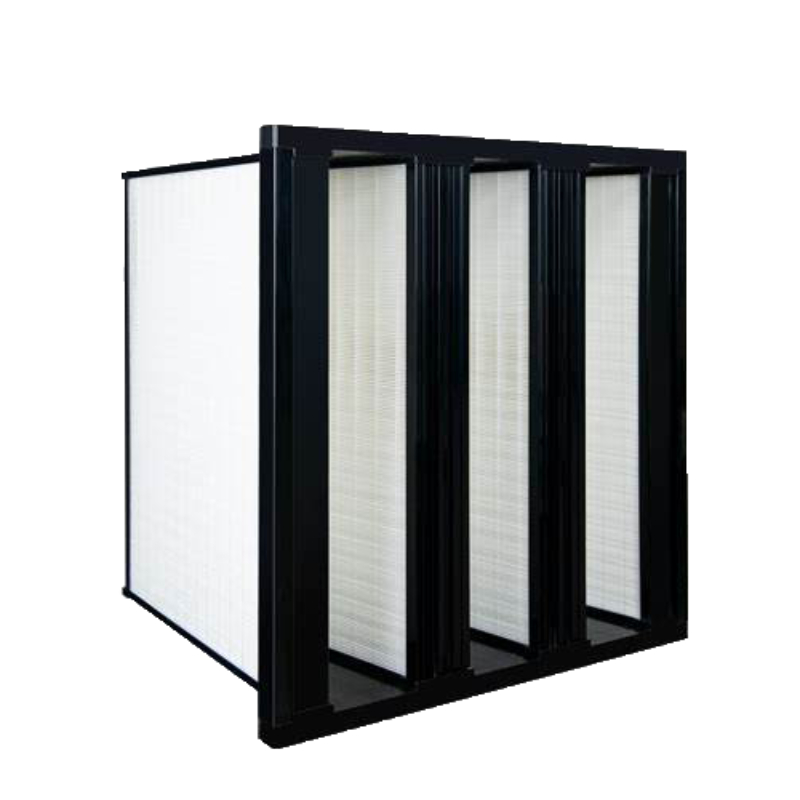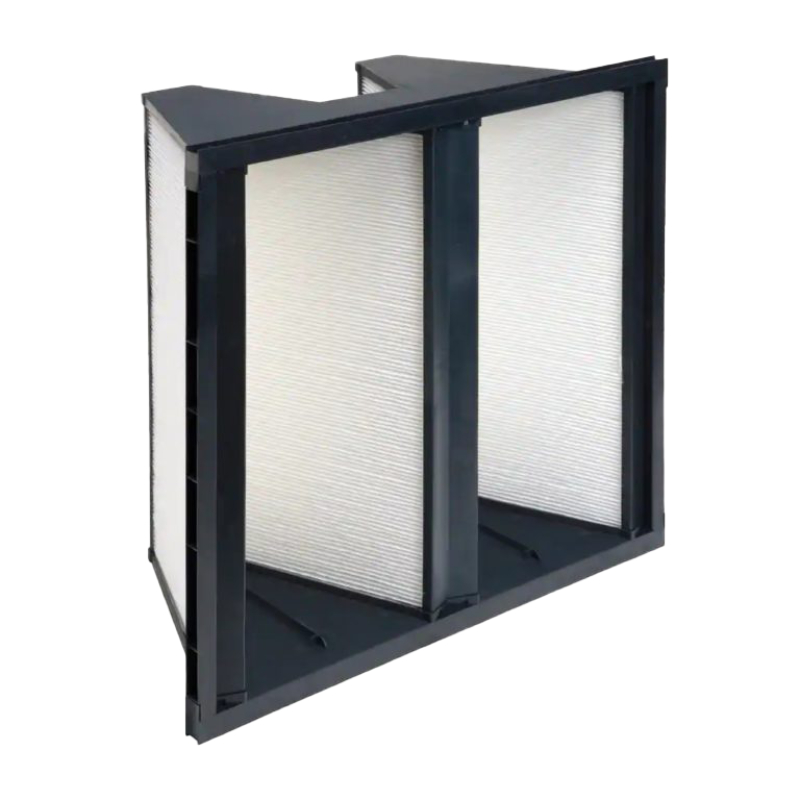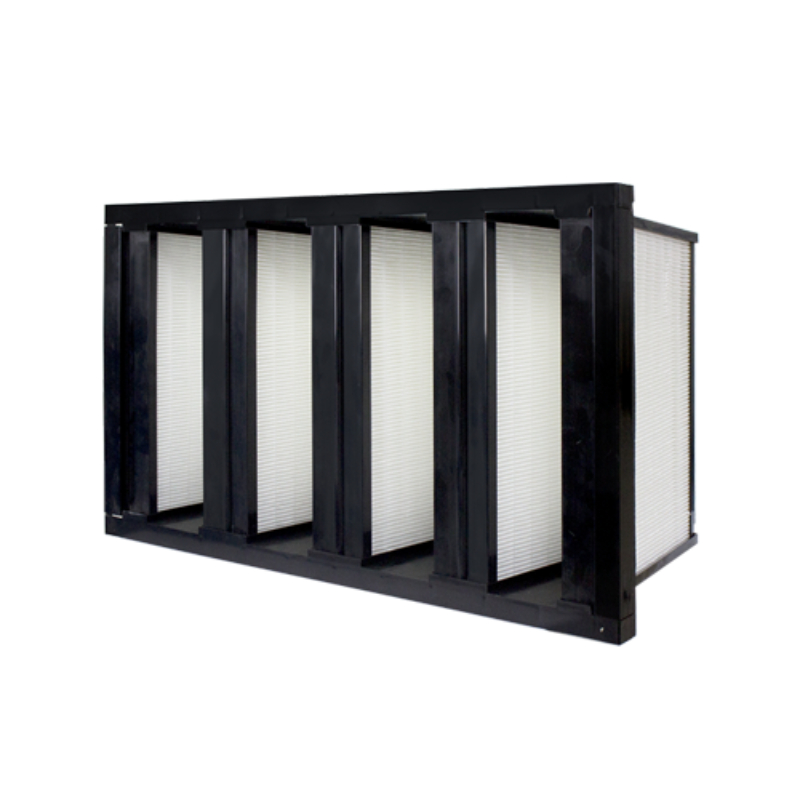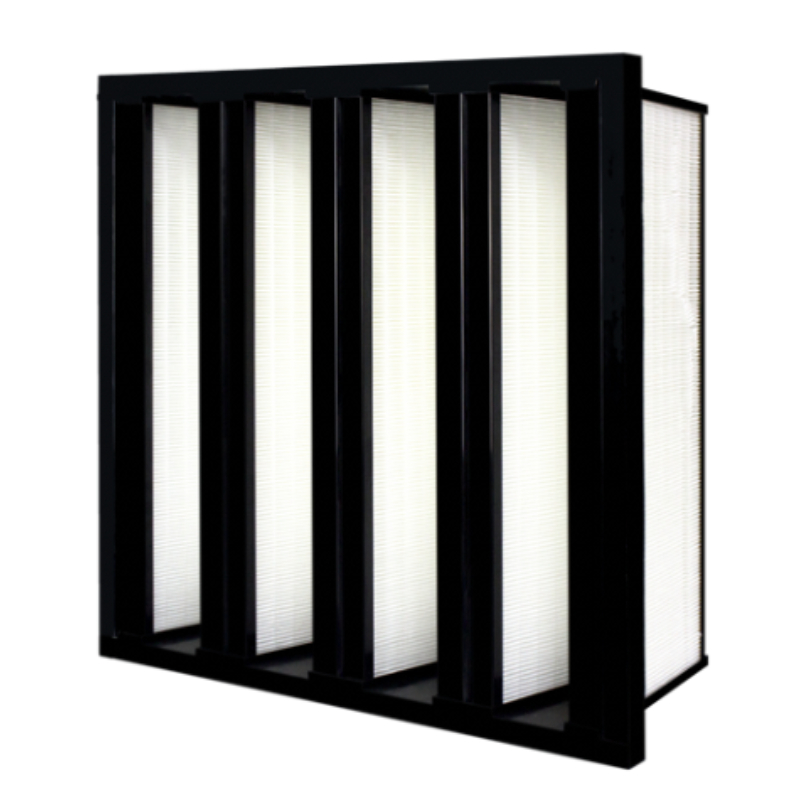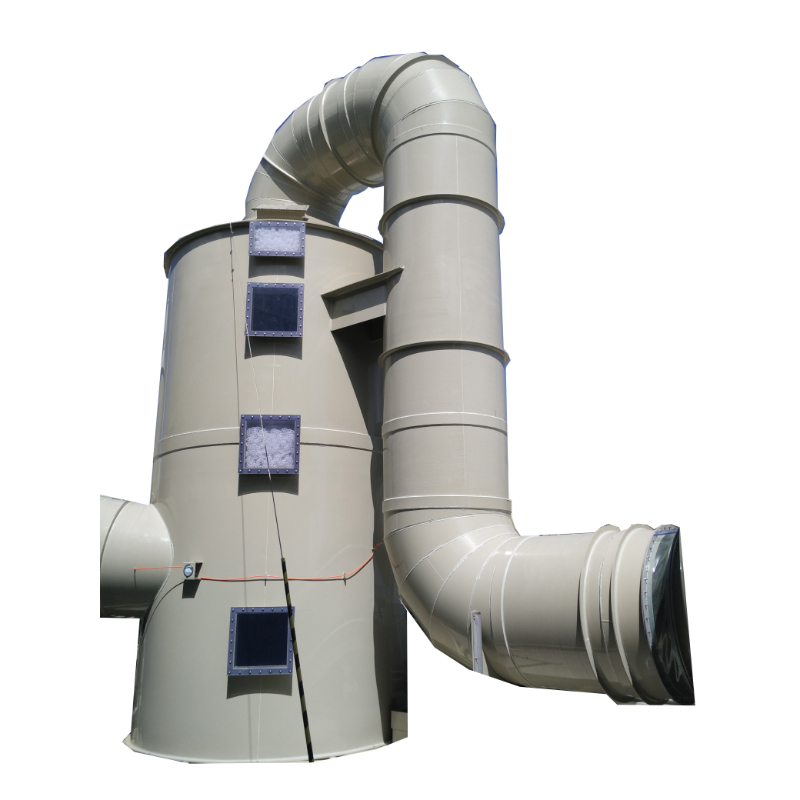-
商品資訊
HEPA Filter Description
HEPA (High Efficiency Particulate Air) filters are highly efficient filtration devices capable of effectively filtering out fine particles from the air. They are commonly used in air purifiers, medical equipment, HVAC systems, and environments that require clean air. HEPA filters must meet strict filtration standards and are capable of capturing particles as small as 0.3 microns in diameter, with an efficiency of 99.97% or higher.
1. Working Principle
HEPA filters are made of one or more layers of densely packed glass fibers, which are woven together at different angles and densities to form a complex mesh structure. As air passes through the filter, small particles in the air (such as dust, pollen, mold spores, bacteria, and viruses) are trapped by the fibers, achieving highly efficient air purification. The effectiveness of HEPA filters relies on three primary mechanisms:
- Interception: Larger particles are carried by the airflow and directly collide with and are intercepted by the fibers.
- Inertial Impaction: Smaller particles moving at high speeds deviate from the airflow due to inertia and collide with the filter fibers, where they are captured.
- Diffusion: Very small particles undergo random motion due to collisions with gas molecules (Brownian motion), increasing their chances of coming into contact with the fibers and being captured.
2. Key Features
- High Filtration Efficiency: HEPA filters are capable of removing 99.97% of particles with a diameter of 0.3 microns, and they are equally effective at capturing larger or smaller particles such as dust mites, pollen, and pathogens.
- Wide Applications: HEPA filters are widely used in households, medical, industrial, and commercial fields, particularly in environments requiring clean air, such as operating rooms, cleanrooms, and laboratories.
- Safe and Non-Toxic: HEPA filters are typically made of glass fibers or polypropylene materials, free from harmful substances, non-toxic to humans, and do not produce secondary pollution.
3. Advantages
- Extremely High Filtration Efficiency: HEPA filters effectively filter out most airborne particles, including dust, smoke, allergens, bacteria, and viruses, making them suitable for environments with high air quality requirements.
- Simple Maintenance: HEPA filters have a simple structure, a long lifespan, and require only regular replacement for maintenance.
- Health-Friendly: HEPA filters can significantly improve indoor air quality by reducing allergens and harmful particles, making them especially beneficial for people with asthma or allergies.
4. Applications
- Air Purifiers: Used to filter out fine particles such as dust, pollen, and allergens in homes and commercial spaces.
- Medical Equipment: Utilized in medical devices like respiratory machines and air filtration systems to ensure air quality in operating rooms and hospital wards.
- HVAC Systems: Installed in air filtration systems in buildings and offices to keep indoor air clean.
- Cleanrooms and Laboratories: HEPA filters are critical for maintaining clean air in precision manufacturing and scientific research environments.
-
商品Q&A
